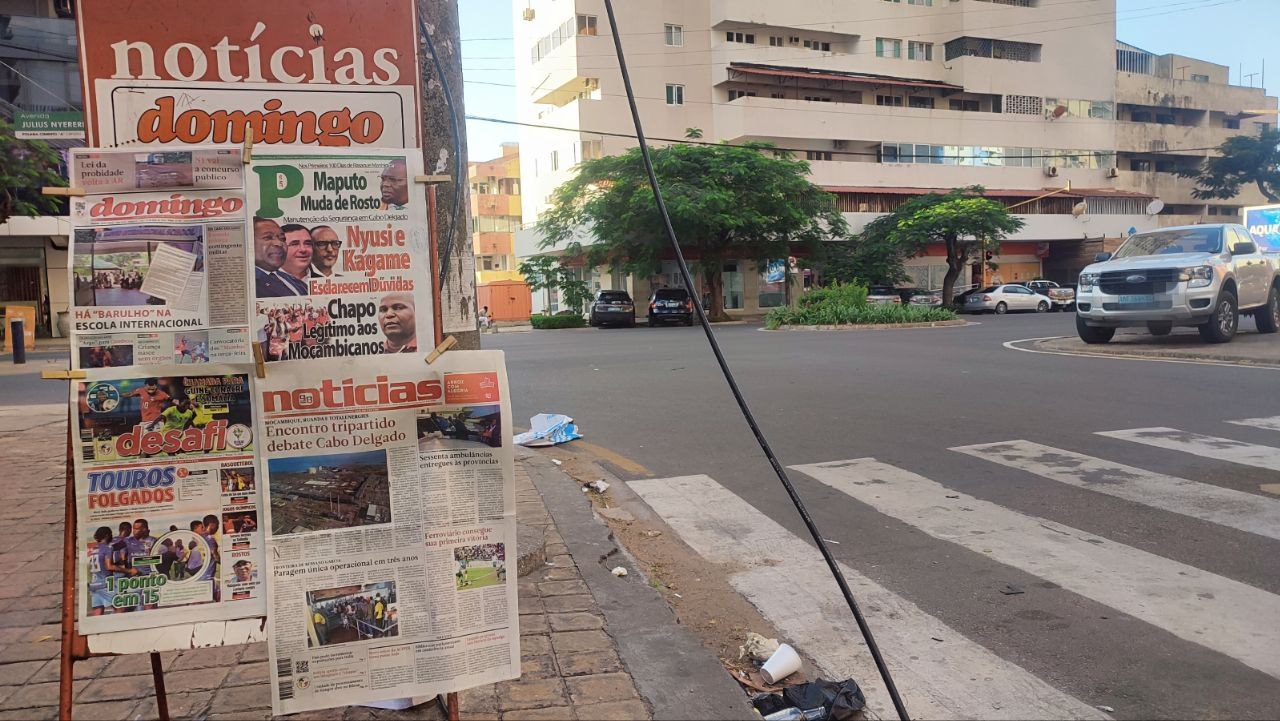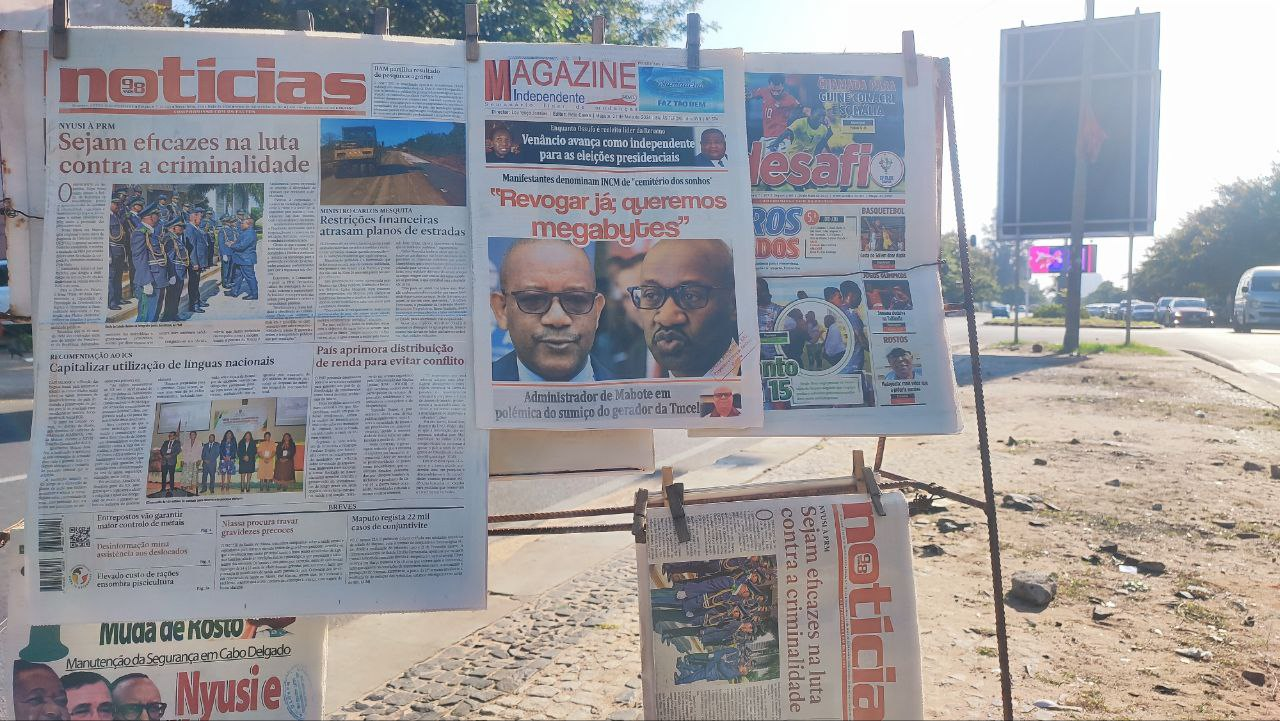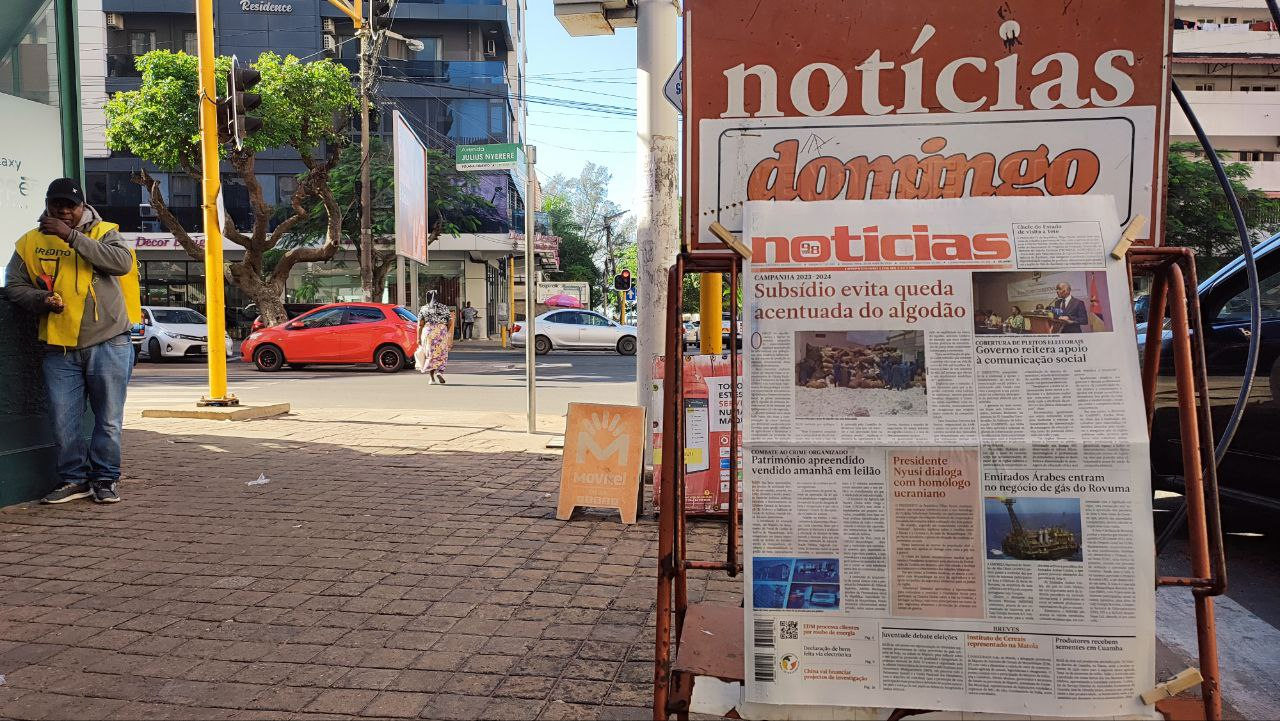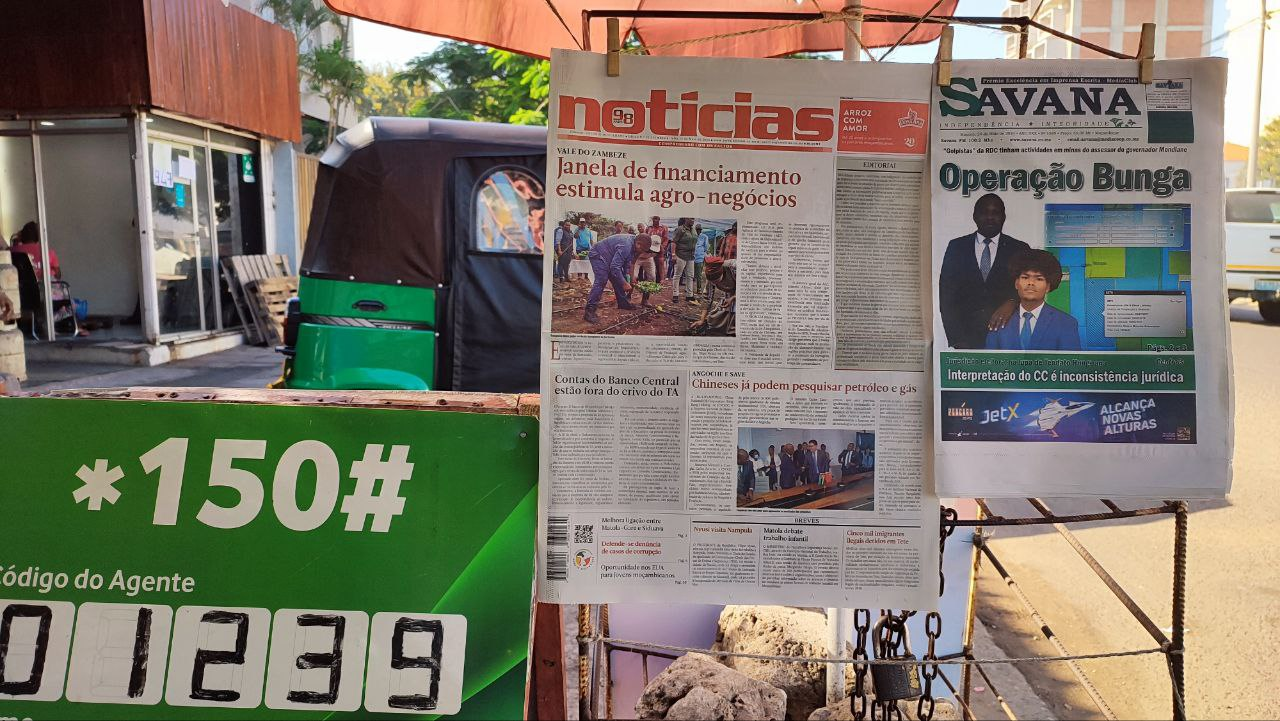Hello, and welcome back to Zitamar’s look back at the week that was, and look ahead at the week to come.
The last week was one in which economic news, particularly from the energy sector, pushed politics off the front page. The most eye-catching story was the Abu Dhabi National Oil Company (ADNOC) buying Portuguese energy company Galp’s 10% stake in the Area 4 gas block, for up to $1.1bn, plus capital gains tax which has still to be determined.
Galp has its hands full with a new discovery in Namibia — a country which, as the Portuguese media pointed out, does not have the security issues which dog Cabo Delgado.
Area 4 is operated by ExxonMobil of the US, and Italy’s Eni, who have yet to take final investment decisions (FIDs) on the onshore LNG project and another floating LNG (FLNG) platform, though Eni has got the Coral South FLNG up and running. ADNOC is clearly betting that the new projects will ultimately go ahead but it is holding back $500m of the purchase price until the FIDs happen.
In a busy week for Mozambique’s oil and gas sector, the government also signed exploration and production concession contracts (EPCC) for five new offshore areas with China’s CNOOC, which the company won in the country’s sixth oil and gas block auction. Eni also won a block in that round, but has not agreed terms for an EPCC. Negotiations, apparently, are ongoing; but is the company losing interest?
One energy market participant we spoke to last week put the ADNOC acquisition in the context of the global energy transition — or, at least the Western energy transition. With increasing opposition to new investment in fossil fuels by European companies, perhaps it’s logical that their competitors from places like China and the Gulf are moving in.
Another piece of fossil fuel M&A made smaller headlines last week, but arguably fits the same trend. Australian investment company Talbot Group and its partner Nippon Steel, of Japan, finally managed to sell its coal mining development in Tete, Minas de Revuboè, to the Indian company JSW Steel.
The J in JSW stands for Jindal; it’s the company of the brother of Sajjan Jindal, the older and less publicity-hungry brother of Naveen Jindal, whose Jindal Steel and Power owns most of the other coal mines in Tete. Both companies were established by the Jindals’ late father, but are now separate. It remains to be seen to what extent they will cooperate, if JSW manages to get Revuboè operational.
And the week ahead
As we highlighted on Friday, defence minister Cristóvão Chume is heading to Brussels to ask the EU for more help combatting the insurgency in Cabo Delgado. It would seem he’s been invited to be a guest at a meeting of the EU’s Foreign Affairs Council meeting on Monday and Tuesday.
He has two things on his wish list, both of which will face resistance from the EU: lethal weapons for the Mozambican defence and security forces; and financial support for the ongoing, and expanding, Rwandan deployment in Cabo Delgado, which is becoming even more important with the departure of the regional SADC mission.
All of this is happening in the context of political uncertainty in Mozambique, with everyone now looking toward the next government — which is still more than seven months away. Despite that, however, big decisions are clearly still being made. Mozambique can’t afford half a year of paralysis. Stay tuned to Zitamar News to keep up with all the developments.
Have a great week.
Week in Review
Monday

If Mondlane is allowed to stand, and if he is able to assemble the funds and machinery to help him campaign, he could potentially do very well. He might, for example, prevent Daniel Chapo, the recently elected candidate of ruling party Frelimo, from winning an absolute majority of votes, which would mean that there would have to be a second round of voting for the first time since multi-party elections began in Mozambique in 1994.
But that, of course, assumes that the vote is not rigged to give Chapo a majority, which, given that fraud is all but guaranteed to take place in these elections, is optimistic. Indeed, the threat of a Mondlane candidacy makes it more likely that we will see electoral fraud in October’s elections, as Frelimo seeks to eliminate threats to its stranglehold on power.
Tuesday

The most important thing to come out of the meeting was Nyusi’s emphasis that Rwandan military support would continue after he left office. Nyusi disclosed to reporters that he had been asked about the security arrangements in Cabo Delgado by both Patrick Pouyanné, chief executive of TotalEnergies, and Claudio Descalzi, chief executive of Eni. But, according to the president, Rwanda is cooperating with a country, not with a person. He therefore sought to give comfort to the multinational companies that the security framework being set up after the departure of the Southern African Development Community’s regional mission would also endure after he steps down in January 2025. Without 200 Rwandan troops guarding TotalEnergies’ project site, and an assurance that they will remain there as long as necessary, the company would be unlikely to restart work. The 1,000 further troops that, according to our sources, have recently arrived from Rwanda are also crucial for filling the gap left by regional forces, and for picking up their missions.
Wednesday

To be clear, there is no reason to suppose that Chipande’s links to Malanga reflect on the wider Frelimo party. And the mud being thrown at Chipande is undoubtedly a sign that his business rivals in Cabo Delgado province, fellow members of the Frelimo elite, see an opportunity to take advantage of the situation to weaken his position. However, the meetings between Chipande and Malanga are worth noting insofar as they expose the carelessness and greed of the Frelimo elites that exert control over much of the economy.
Thursday

On every other metric, the cotton industry has shrunk. The number of producers has fallen 46% on last year, the estimated yield per hectare has fallen by 29% and the area cultivated is down 39%. That production has managed to increase slightly is remarkable in the circumstances.
Bad weather and the loss of production in Cabo Delgado province must take some share of the blame, and the fall in the cotton price caused by global overproduction cannot have helped (see below); but the dramatic fall in the number of producers and in the area of farmland used points to the devastating effects of the collapse of cotton manufacturer Plexus last year, which was estimated to work with 50-80,000 smallholder farmers, whose farming ultimately supported about 250,000 people.
Friday

It is rare for defence minister Cristóvão Chume to pay a visit to Brussels, the headquarters of the European Union (EU) (see below). But there is a great deal at stake at the moment. His mission comes as there is anticipation, not just among journalists but security forces as well, that the Rwandan troops in Cabo Delgado are to launch a long-awaited offensive against the insurgents on the south bank of the Messalo river in Macomia district. A successful operation could potentially give ruling party Frelimo a boost in the run-up to October’s elections, and President Filipe Nyusi would be pleased to claim this as part of his legacy before he steps down at the beginning of next year.
Nyusi said after meeting Rwandan president Paul Kagame in Kigali last week that the next few days would be “very important”, which some people take to refer to an upcoming military operation. This is a pivotal moment in the war against the insurgents, as Rwanda moves to take over from the departing mission of the Southern African Development Community. Next week's meeting could indeed be crucial.










